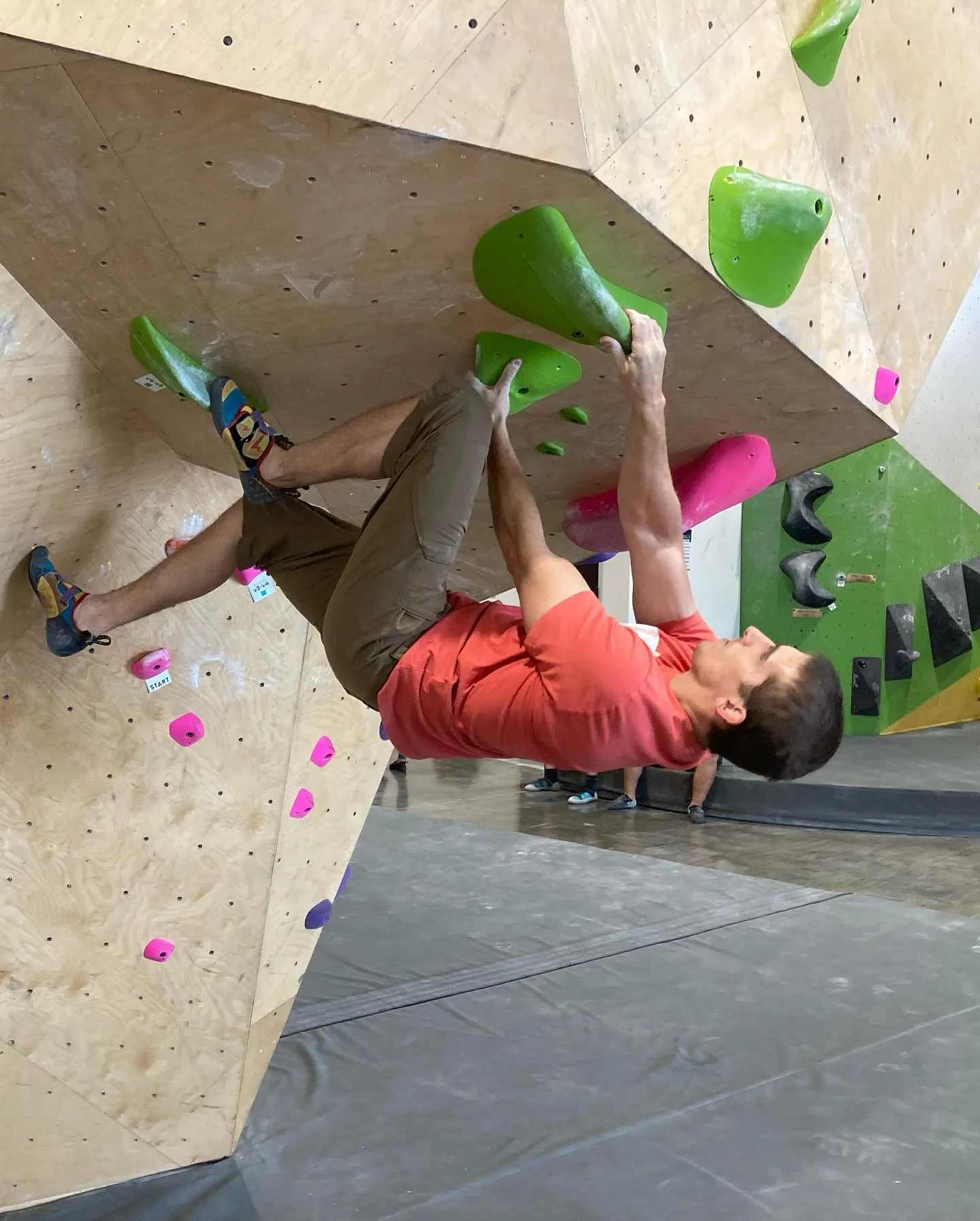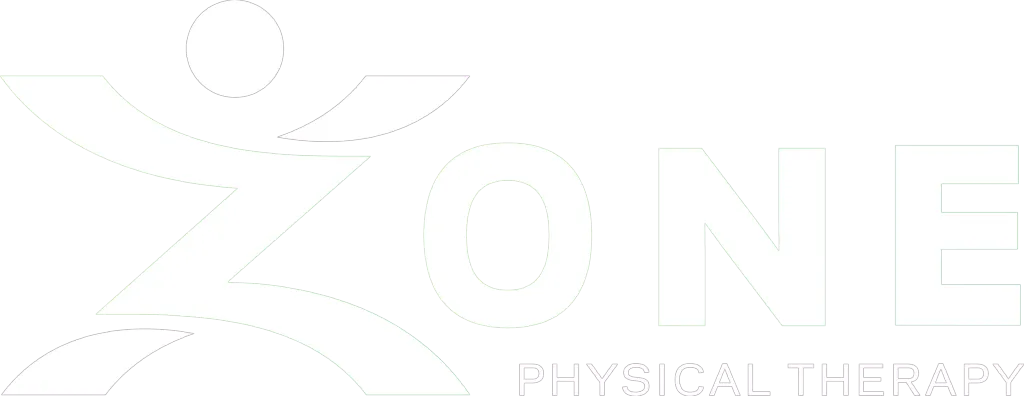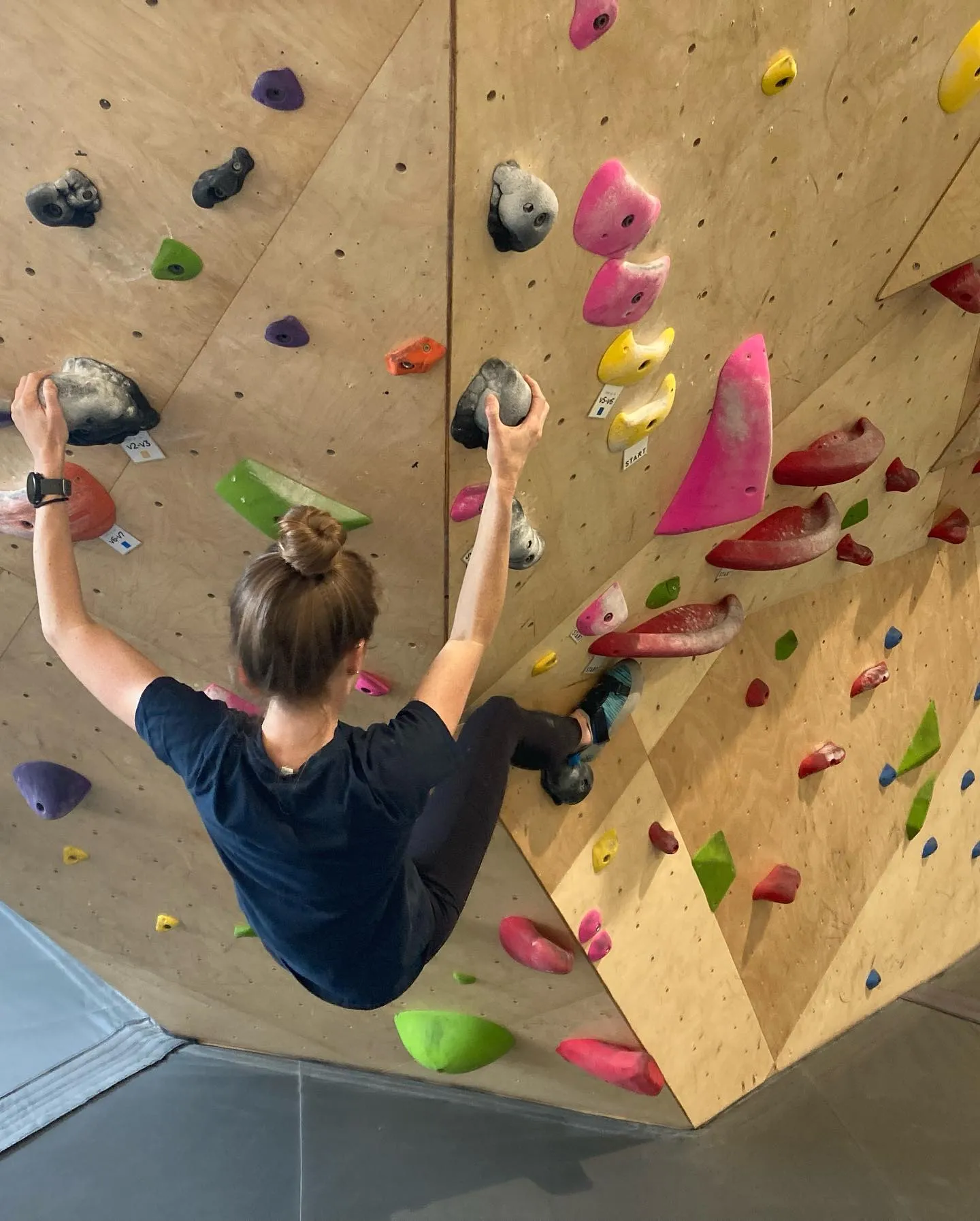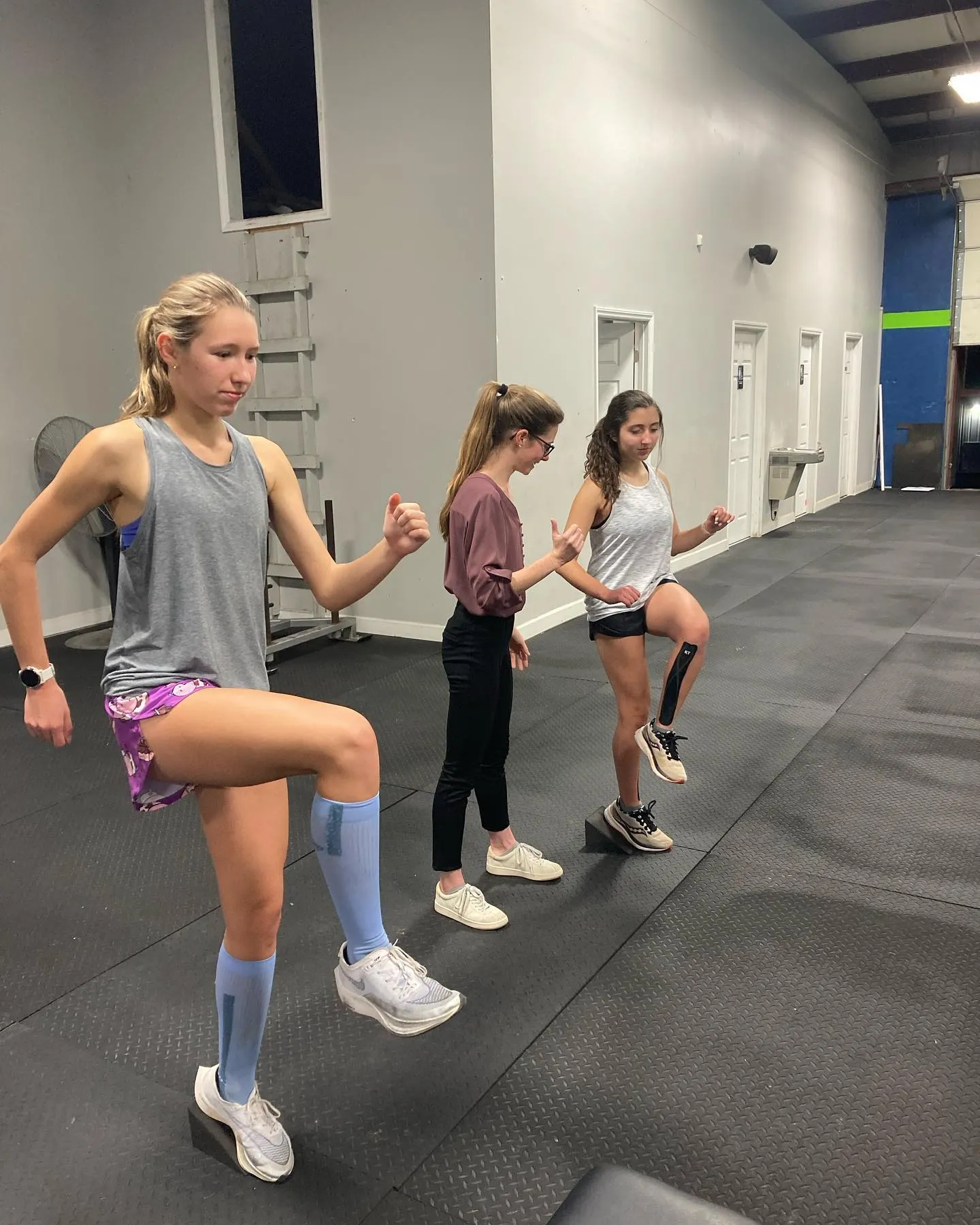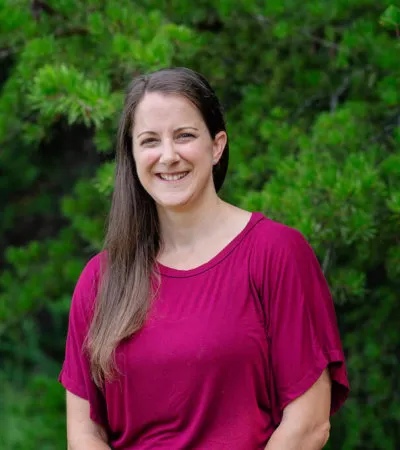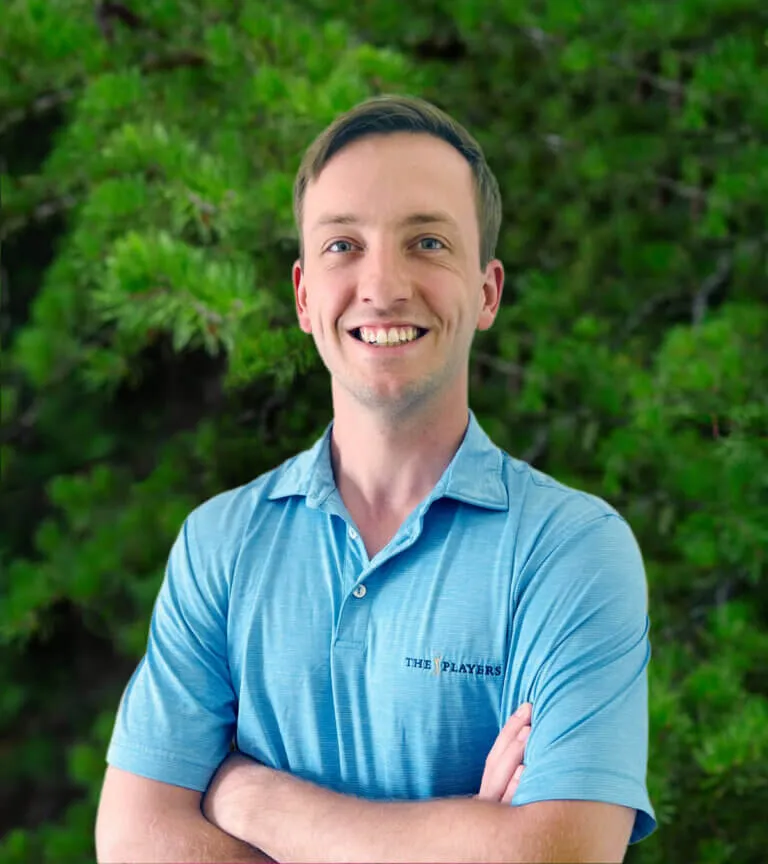Greer, SC
3093 S. Highway 14, Ste G,
Greer, SC 29650
Phone: (864) 263-7390
Email: hello@zonept.com
FAX: (864) 326-3255
Physical Therapy in Greer, SC
Empowering Your Recovery, Elevating Your Performance.
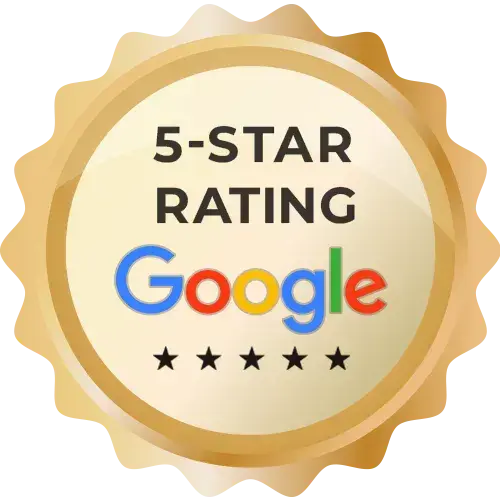
5-Star Google Rating
We are proud to have a 5-star Google rating! This demonstrates our commitment to excellent service and hopefully builds trust with new customers!

Over 185 5-Star Reviews
We are thrilled to have received so many 5-star Google ratings for our outstanding contributions and exceptional service to our community.

Facebook 5-Star Rating
Our Facebook 5-star rating is a testament to our exceptional service and commitment to customer satisfaction. Thank you for your continued support!
About Us
Top Rated Physical Therapy in Greer, SC
About Us
Personalized Care from Our Team
Our Proven 4-Phase Recovery Program




Success Stories & Testimonials
Meet Our Team
At Zone Physical Therapy, we’re more than healthcare providers—we’re your support system. From the moment you walk in, we treat you like family, committed to helping you reach your goals and live a healthier, more active life. We’re here to support you every step of the way.
Our Specialties

Pelvic Health

Runners
Every runner, from beginners to marathoners, knows the importance of a strong stride. Performance isn’t just about speed; it’s about strength, flexibility, mechanics, and form. Physical therapy can unlock optimal running performance.
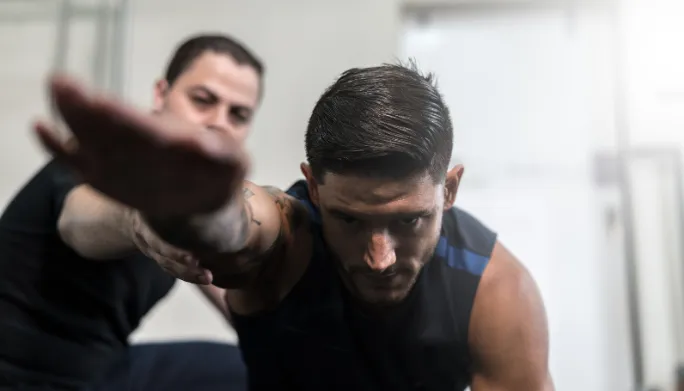
Athletes
Dealing with a shoulder injury, rotator cuff strain, or elbow pain? Zone Physical Therapy specializes in sports rehab for baseball players and overhead athletes. Our personalized programs help you recover fully and get back to your best.

TMJ
What we believe
Live Pain Free and Active With Physical Therapy in Greer, SC
At Zone Physical Therapy, we help patients overcome injuries and regain their active lifestyles. Whether you need relief for a shoulder strain, are recovering from surgery, or are dealing with vertigo, our team is ready to help.
Here’s how we can help:
1. Tell us your story: Share your pain points and goals with us.
2. Get your plan: We’ll design a plan to address your unique needs.
3. Start feeling better: Our expert team delivers results through effective treatment.
4. Conquer your goals: With improved physical fitness and pain management, you’ll return to the activities you love.
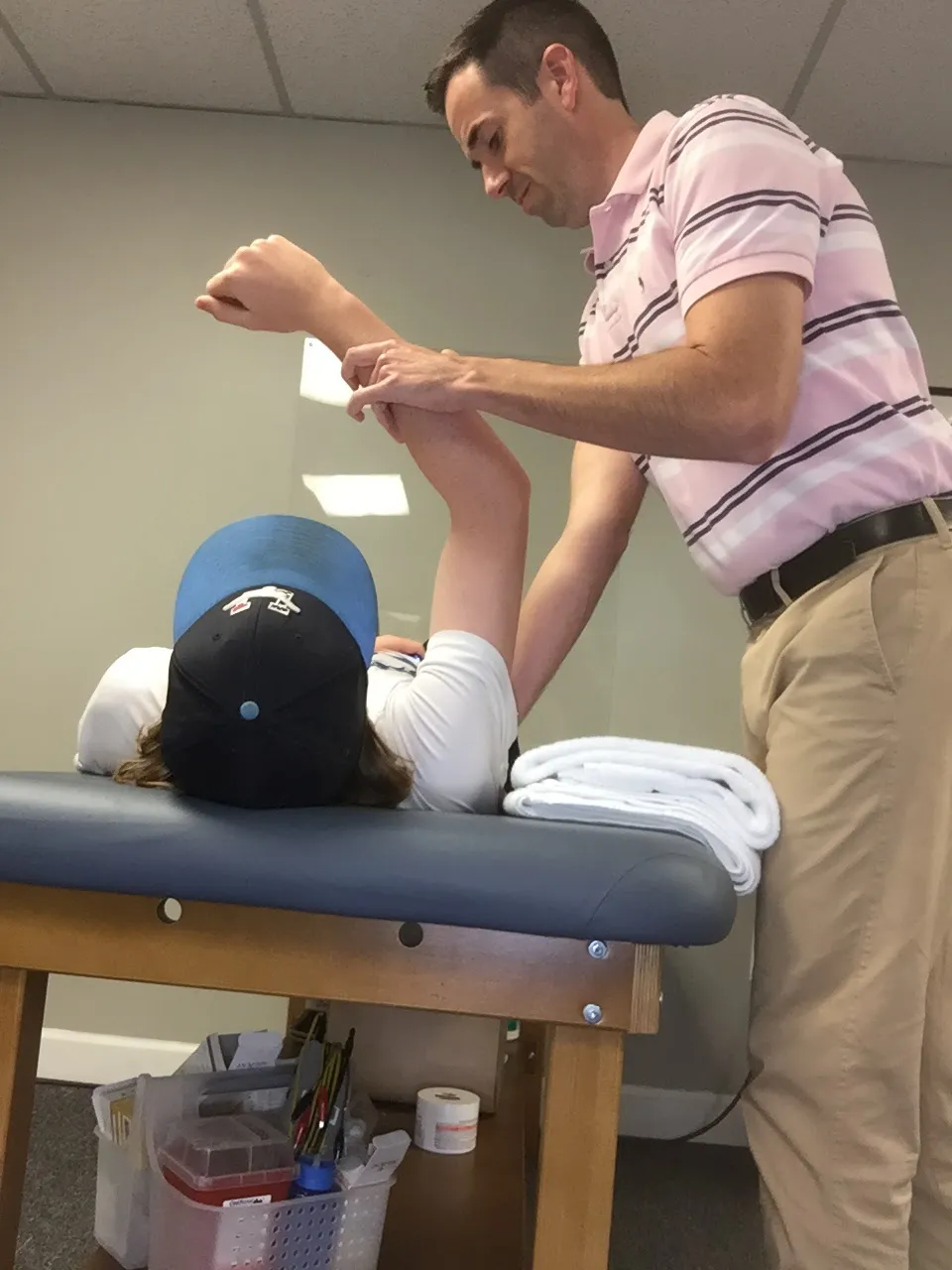
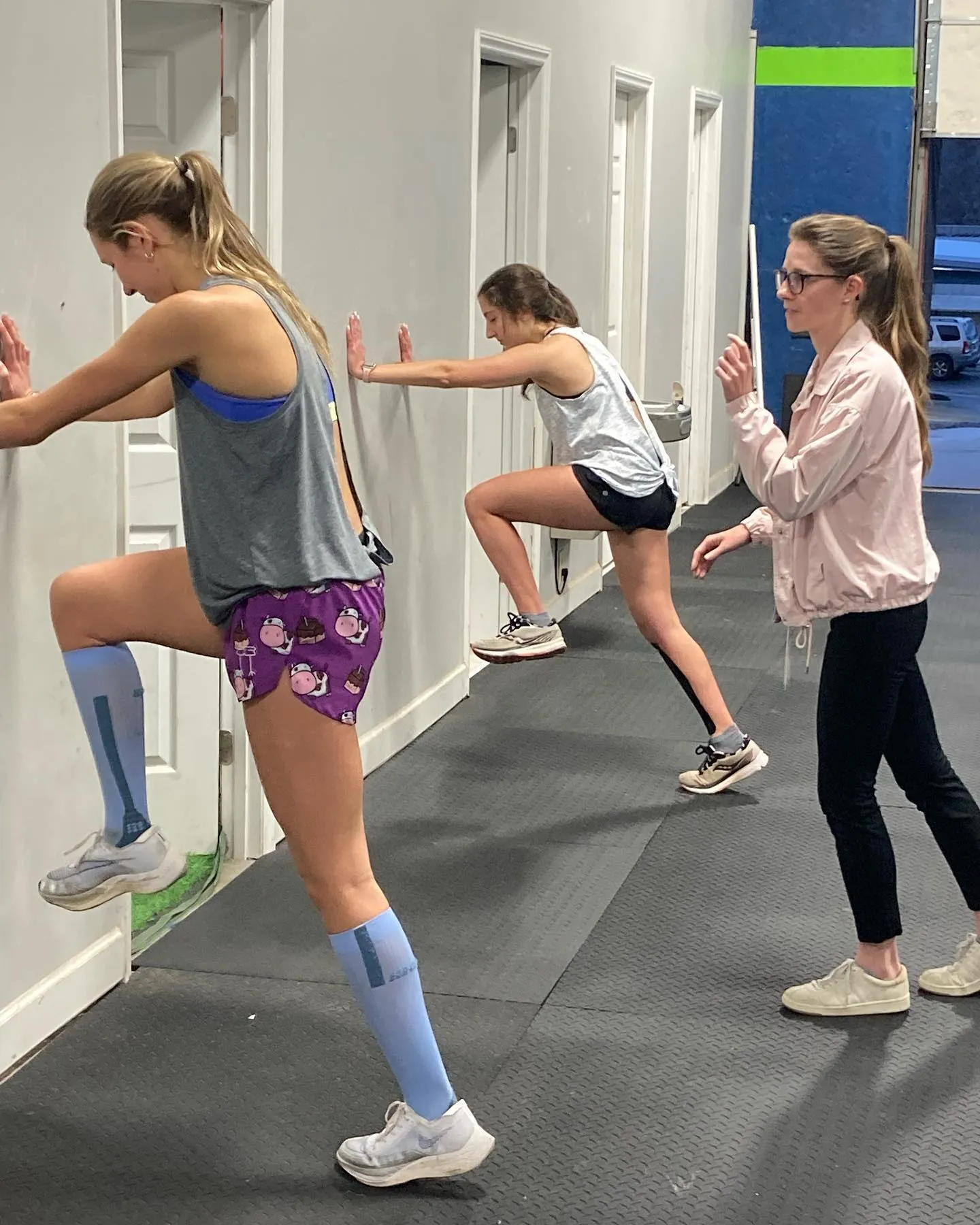
OUR PROGRAMS
Physical Therapy Programs Built for You
Frequently Asked Questions
What should I expect during physical therapy sessions?
Physical therapy sessions typically involve an assessment of your condition, manual techniques to improve mobility and flexibility, individualized exercises and activities to help you reach your goals, education on how to prevent further injury or pain, and instruction on proper posture, body mechanics and other lifestyle changes.
What is Direct Access in physical therapy, and how does it benefit patients in Greer, SC?
Direct Access allows you to start physical therapy without a physician’s referral, providing immediate care and potentially speeding up your recovery. This approach can be cost-effective by saving on initial doctor’s visits and offers the convenience of scheduling sessions at your own pace. Most insurance plans, including Medicare, cover Direct Access, but it’s wise to confirm with your provider. Physical therapists can treat various conditions such as back pain, sports injuries, and chronic pain, ensuring you receive personalized care tailored to your needs.
What do I need to wear or bring with me?
You should dress in comfortable, loose clothing that allows you to move easily and doesn’t restrict circulation. Depending on your condition, your physical therapist may also recommend special shoes or a brace. You should also bring any paperwork related to your medical history, including x-rays, ultrasounds, and doctor’s notes.
Is there anything I can do before my appointment to prepare?
Yes! Make sure you arrive for your session well-rested so that you can give it your full attention and energy. It is also helpful if you keep track of how much pain medication (if any) you take prior to the appointment so that the physical therapist can adjust the intensity of treatment accordingly.
How long will my physical therapy sessions last?
Sessions typically last 30-60 minutes depending on your condition and the types of techniques used. Your physical therapist will give you an estimate when you first arrive for your appointment.
Are there any exercises I can do at home between appointments to help improve my condition?
Yes! Your physical therapist may provide specific exercise recommendations for you to try in between visits, which will help speed up your recovery and progress faster toward reaching your goals. It’s important to follow these carefully and always check with your PT before starting a new exercise program if you have any questions or concerns.
What if I have questions after my physical therapy session?
Your physical therapist should be available to answer any questions or concerns you may have about your treatment plan before and after each visit. You can also contact the clinic directly for further assistance. We want you to get the most out of every session!
Will insurance cover my physical therapy?
It depends on your insurance plan. Most plans cover some or all of the costs associated with physical therapy, but you should check with your provider to determine coverage and any associated fees.
How often will I need to attend physical therapy sessions?
The frequency of visits will depend on your individual goals and condition, but typically it is recommended that patients attend 2-3 times per week for a minimum of 4-6 weeks in order to maximize results. Your therapist will provide more details during your initial appointment.
How long will it take for me to see results?
Every person’s situation is unique; therefore the amount of time needed to reach goals varies. With commitment and dedication from both you and your physical therapist, you can expect to start seeing results within a few weeks. The more positive lifestyle changes you make, the faster your progress will be!
Will my physical therapist be able to answer any questions I have about my condition?
Yes! Your physical therapist should be available to discuss any concerns or questions you have regarding your condition or treatment plan. Don’t hesitate to bring up any issues that may arise during the course of therapy.
What if I feel too much pain during a session?
If at any time during your physical therapy session you experience increased pain, it’s important to let your therapist know so they can adjust the intensity or technique as necessary. Your therapist will work with you to make sure that treatment is comfortable and effective for you
How will I know when I no longer need physical therapy?
Your physical therapist should be able to provide guidance on when it is appropriate to stop attending physical therapy sessions based on your progress, goals, and overall health status. It’s important to listen to your therapist and continue with treatment until they feel you are ready to move on.
